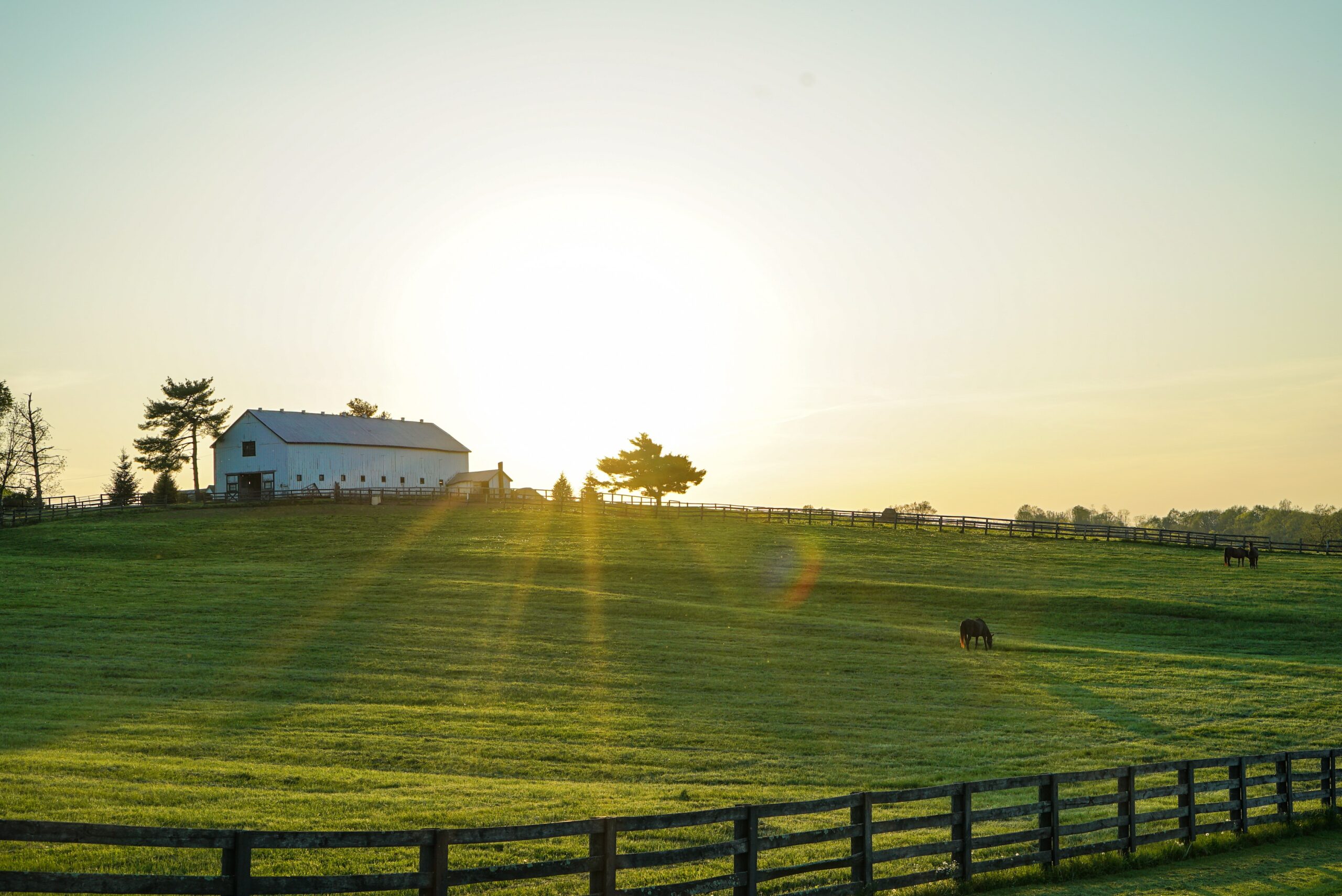
Pros and Cons of Being an FNP in a Rural Community
Choosing to work in healthcare is a smart career choice. The demand for these services continues to grow as the population ages. Plus, the work can be extremely fulfilling!
Nurse practitioners in particular are becoming a bigger part of the healthcare field, filling in care gaps and helping to improve preventative care. As a nurse practitioner, you can offer a lot of versatility to group practices, hospitals, or communities as an independent practitioner (depending on your state’s laws).
Once you’ve become a family nurse practitioner, you have to consider your options. Would it be better to get a job in an urban environment, where you’ll be one of many NPs working to keep the community healthy? Or would you thrive in a rural community, providing local care to a smaller population?
Here are some of the pros and cons of choosing to work as an FNP in a rural community.
The Demand for Healthcare Providers is Strong in Rural Areas
Many rural communities do not have good local healthcare options. This means that residents have to travel long distances to get the care they need. Ultimately, the lack of local services can lead to poorer health outcomes since people are likely to put off getting the care they need or do not have the resources to travel for their care. When community health services become available, everyone benefits.
It can be hard to attract qualified healthcare providers to rural communities. Why? Because most people prefer to live closer to urban centers and all the amenities they offer. This means that there are more opportunities and demand in rural areas, despite the smaller population numbers.
NPs Have More Autonomy and Scope of Practice
As long as you’re practicing in a state that allows FNPs to have lots of autonomy, you’ll be able to utilize that autonomy more fully in a rural healthcare job. With fewer healthcare providers available, everyone needs to provide a wide range of services with little supervision. FNPs who enjoy a large scope of practice and working independently are likely to thrive in a rural practice.
It’s Easy to Make a Difference and Build Relationships
In a rural community, you’ll really get to know your patients. You’ll have the opportunity to build relationships with them and get to know them. It’s also easier to see the difference you make in people’s lives. As a healthcare provider, you’ll get the chance to help reduce the health disparities that affect rural residents.
Being part of a rural community and providing care can be an incredible experience. Instead of working with thousands of patients and getting to know very few of them, you’ll be working directly within your community and providing care to your neighbors.
Resources and Collaborations Will Be Limited in Rural Practice
One of the downsides of rural practice is the lack of resources. A small hospital or practice won’t have the budget for the latest technology or the patient volume to support certain types of equipment. This can be a challenge and creates barriers to providing top-notch care.
Supplies and technology aside, you won’t have access to the same collaborative environment as a rural FNP as you would in an urban or suburban area. It will be more challenging to work through tricky diagnoses or collaborate on complex treatment plans without a network of specialists nearby.
In some cases, rural FNPs have to refer their patients to specialists that practice in far-off cities. This can be difficult emotionally, especially if you know that someone does not have the means to travel so far and see an expensive specialist.
Rural Living Can Be Isolating
Many people who take a job in rural healthcare settings struggle with the transition. It can be very isolating to live in sparsely populated areas. FNPs who decide to work in a rural community need to be proactive with self-care and making friends to fight off the potential for loneliness and isolation.
The Challenge of Maintaining Professional Boundaries
Rural communities are small and often have to rely on one another in many different ways. While that can be a huge positive for community-minded people, there are some downsides when it comes to privacy.
In a small town or rural community, everyone is likely to know your business. It can be difficult to maintain your privacy and professional boundaries when it’s normal in your community to gossip about your neighbors.
Embracing the Rewards and Challenges of FNP Work in Rural America
If you want to make a difference as a healthcare provider and work more independently, then becoming an FNP in a rural community could be a great fit. Embracing the rewards and challenges of healthcare in these settings can be a great way to grow as a healthcare provider while embracing a simpler life.
However, it’s important to consider your preferences and personality in making the decision. Weigh the pros and cons and be honest with yourself about whether life in the country or the wilderness is right for you before you decide.
With a Bachelor’s in Health Science along with an MBA, Sarah Daren has a wealth of knowledge within both the health and business sectors. Her expertise in scaling and identifying ways tech can improve the lives of others has led Sarah to be a consultant for a number of startup businesses, most prominently in the wellness industry, wearable technology and health education. She implements her health knowledge into every aspect of her life with a focus on making America a healthier and safer place for future generations to come.
Disclaimer: The viewpoint expressed in this article is the opinion of the author and is not necessarily the viewpoint of the owners or employees at Healthcare Staffing Innovations, LLC.
